Ronit Pinto – Founder & Publisher of Honeysuckle Media Ronit...
Read MoreThe Impact of 5G on the Internet of Things (IoT)
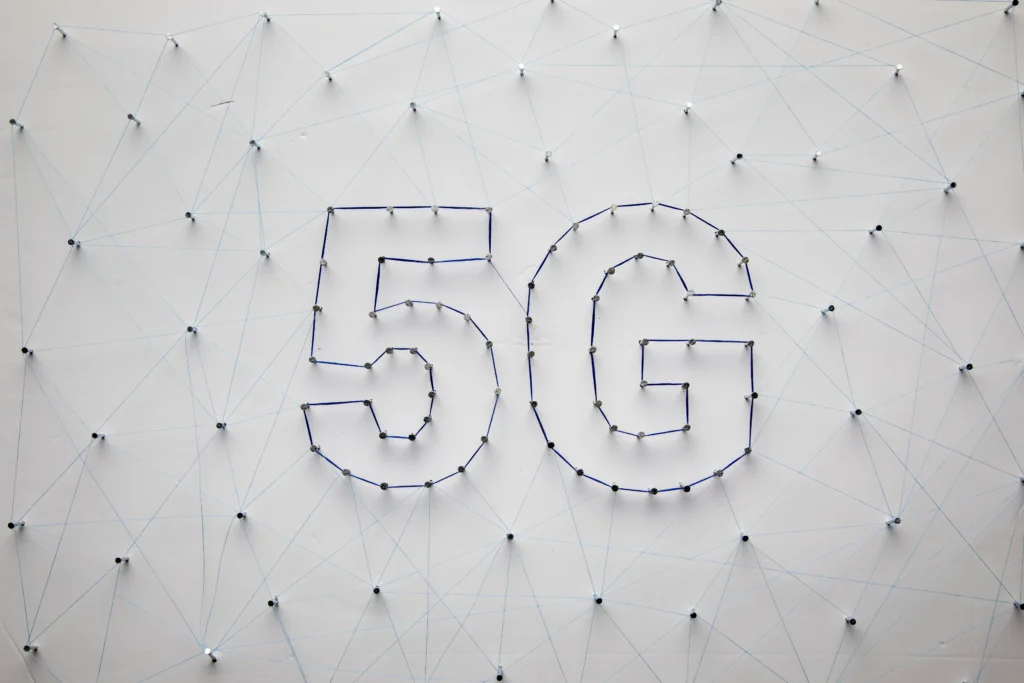
The advent of 5G technology marks a significant leap forward in the world of telecommunications, promising not only faster internet speeds but also a profound impact on the Internet of Things (IoT). As the number of connected devices continues to grow, 5G is set to revolutionize how these devices communicate, interact, and improve various aspects of our lives. This article delves into the transformative potential of 5G on IoT, exploring its benefits, applications, and challenges.
Enhanced Connectivity and Speed
One of the most anticipated benefits of 5G technology is its enhanced connectivity and speed. With download speeds up to 100 times faster than 4G, 5G can support a vast number of devices simultaneously without compromising performance. This increased capacity is crucial for IoT ecosystems, where billions of devices are expected to be interconnected.
Faster data transfer rates enable real-time communication between IoT devices, which is essential for applications requiring instant feedback and response. For instance, in smart cities, traffic management systems can instantly adjust signals based on real-time traffic conditions, reducing congestion and improving overall efficiency.
Lower Latency
Latency, or the time it takes for data to travel from one point to another, is significantly reduced with 5G technology. 5G promises latencies as low as one millisecond, compared to the 30-50 milliseconds typical of 4G networks. This near-instantaneous communication is particularly beneficial for IoT applications that rely on real-time data processing.
In the healthcare sector, for example, low latency is critical for remote surgeries where doctors operate on patients using robotic instruments controlled from different locations. Any delay in data transmission could have severe consequences, making 5G’s low latency a game-changer for medical IoT applications.
Improved Network Reliability
5G technology also offers improved network reliability, ensuring consistent and stable connections for IoT devices. This reliability is essential for applications where uninterrupted service is crucial, such as autonomous vehicles and industrial automation.
In manufacturing, IoT-enabled machines can communicate seamlessly to optimize production processes, detect faults in real time, and perform predictive maintenance. This level of connectivity and reliability can lead to increased efficiency, reduced downtime, and significant cost savings for industries.
Greater Device Density
5G networks can support a much higher density of connected devices compared to previous generations. This capability is particularly important as the number of IoT devices is expected to exceed 75 billion by 2025. With 5G, multiple devices can coexist in close proximity without interference, enabling the seamless integration of IoT in various environments.
In smart homes, for instance, multiple devices such as thermostats, security cameras, and household appliances can operate simultaneously and efficiently, providing a cohesive and automated living experience. This increased device density also paves the way for more advanced smart city initiatives, where thousands of sensors and devices work together to enhance urban living.
Transformative Applications
The combination of enhanced connectivity, lower latency, and improved reliability offered by 5G opens up a plethora of transformative applications for IoT across various sectors:
Healthcare
In addition to remote surgeries, 5G-enabled IoT devices can monitor patients’ health in real time, alerting doctors to any irregularities and allowing for timely interventions. Wearable devices can continuously track vital signs, providing valuable data for personalized healthcare and preventive measures.
Agriculture
Smart farming solutions powered by 5G can optimize agricultural practices by collecting data from soil sensors, weather stations, and drones. This data-driven approach enables farmers to make informed decisions about irrigation, fertilization, and pest control, leading to increased crop yields and sustainable farming practices.
Transportation
5G is set to revolutionize transportation with the advent of autonomous vehicles. These vehicles rely on constant communication with each other and traffic infrastructure to navigate safely and efficiently. The low latency and high reliability of 5G ensure that autonomous vehicles can respond to real-time conditions, reducing accidents and improving traffic flow.
Industrial Automation
In the industrial sector, 5G-enabled IoT devices facilitate the seamless operation of smart factories. Machines and robots can communicate in real time, optimizing production lines and minimizing human intervention. This level of automation enhances productivity, reduces operational costs, and improves workplace safety.
The impact of 5G on the Internet of Things is poised to be transformative, driving innovation across various sectors and enhancing our daily lives. With its unparalleled speed, low latency, and high reliability, 5G will enable a new era of connectivity, unlocking the full potential of IoT. However, addressing security, infrastructure, and interoperability challenges is essential to realizing this potential and creating a sustainable and secure IoT ecosystem. As 5G technology continues to evolve, its synergy with IoT will undoubtedly shape the future of connected devices and their applications, ushering in a new era of technological advancement.
Outlook Times
Explore the journeys of today’s most successful business leaders, uncovering the strategies, challenges, and triumphs that define their paths to success.
Trending
-
 Ronit Pinto
Ronit Pinto -
 Beyond Limits: How Alloy Is Redefining Fitness Franchising
Beyond Limits: How Alloy Is Redefining Fitness Franchising -
 Firdaus Nagree
Firdaus Nagree -
 The Most Promising Tech Innovation of the Future
The Most Promising Tech Innovation of the Future -
 AI Excellence in Business Process Management
AI Excellence in Business Process Management -
 Iconic Voice in Soulful Leadership & Cultural Impact – 2025
Iconic Voice in Soulful Leadership & Cultural Impact – 2025 -
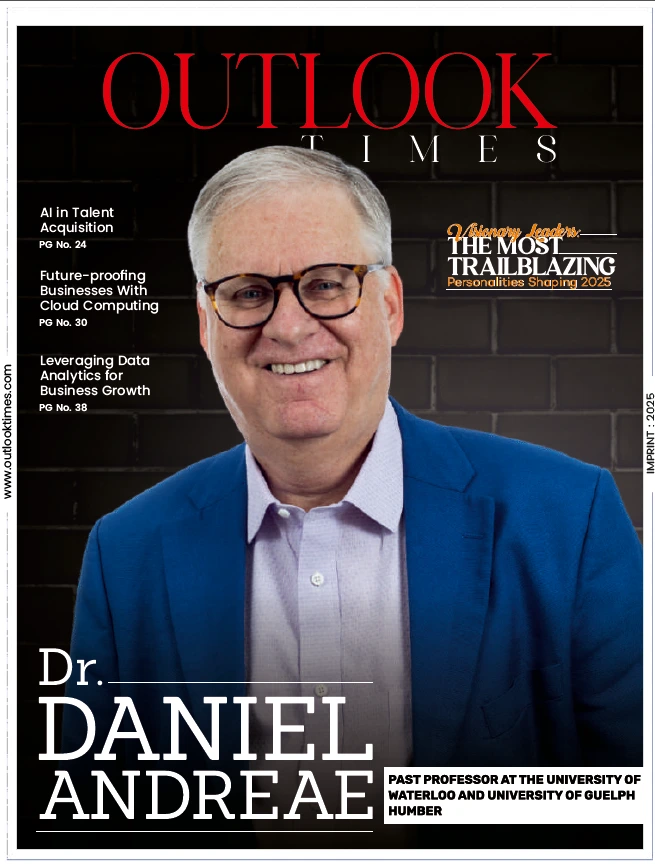 Visionary Leaders: The Most Trailblazing Personalities Shaping 2025
Visionary Leaders: The Most Trailblazing Personalities Shaping 2025 -
 The Power Players: Most Dynamic and Impactful Personalities to Follow in 2025
The Power Players: Most Dynamic and Impactful Personalities to Follow in 2025 -
 The Unshakable Pillar of Modern Healthcare, 2025
The Unshakable Pillar of Modern Healthcare, 2025 -
 Dr. Aidan Mouat
Dr. Aidan Mouat -
 Trailblazing Legend: Iconic Leader Who Inspire the World
Trailblazing Legend: Iconic Leader Who Inspire the World -
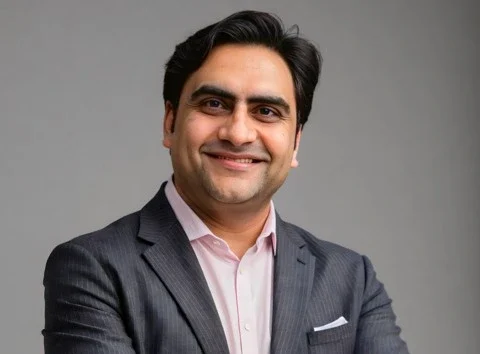 Sukh Sandhu
Sukh Sandhu -
 Ctoday Awards : Leaders Awards 2024,Felicitated Top Companies & Individuals
Ctoday Awards : Leaders Awards 2024,Felicitated Top Companies & Individuals -
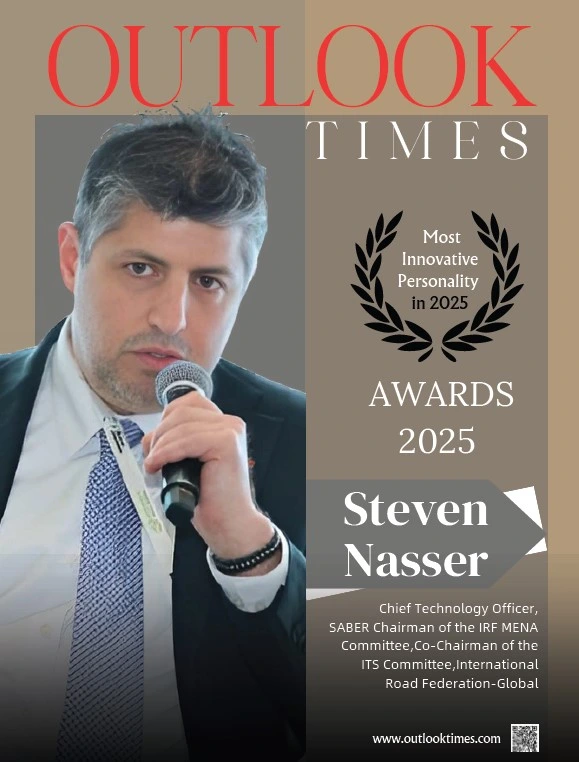 Most Innovative Personality in 2025
Most Innovative Personality in 2025 -
 Top CEOs: Mastering the Art of Leadership and Innovation
Top CEOs: Mastering the Art of Leadership and Innovation -
 Antonella Rubicco
Antonella Rubicco -
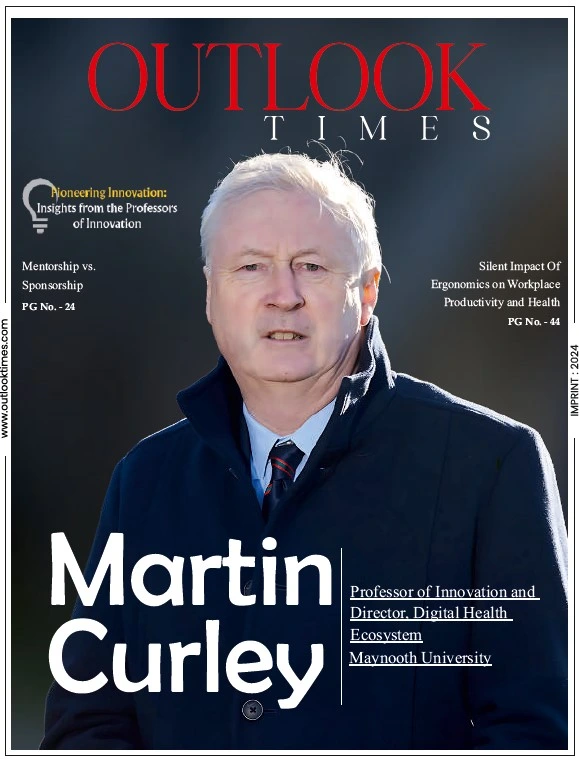 Pioneering Innovation: Insights from the Professors of Innovation
Pioneering Innovation: Insights from the Professors of Innovation -
 The Most Tremendous Personalities Of Our Time
The Most Tremendous Personalities Of Our Time -
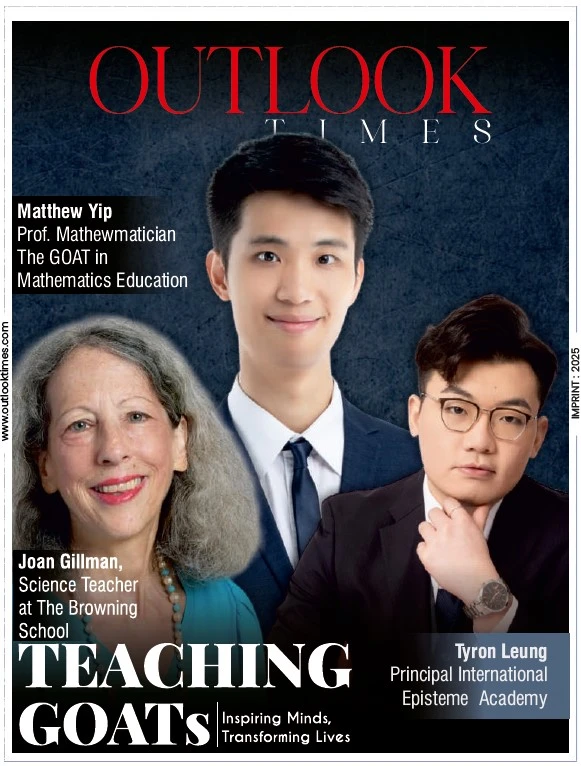 Teaching GOATs
Teaching GOATs -
 Herve Heully
Herve Heully
Related articles
Beyond Limits: How Alloy Is Redefining Fitness
Rick Mayo Founder & CEO of Alloy Personal Training Beyond...
Read MoreThe Most Promising Tech Innovation of the
Mohamed Hediya Managing Director at Limitless parking The Most Promising...
Read More